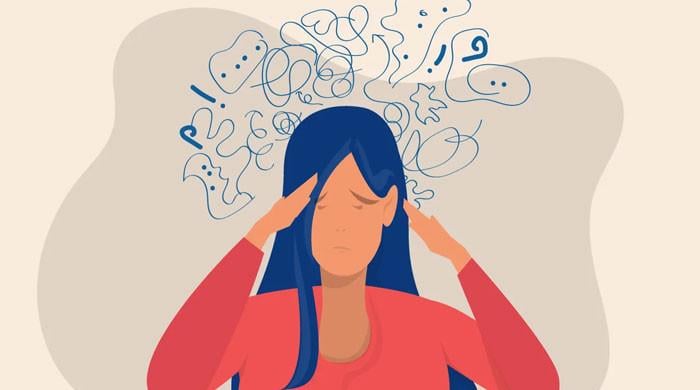Uncanny relationship between depression and high body temperature explored
A study was conducted to understand the intrinsic relationship between body and brain
A recent study has shed a light on the uncanny link between depression and soaring body temperature.
Researchers from the University of California San Francisco conducted a study to understand the intrinsic relationship between body and brain.
The research, published in Scientific Reports, included over 20,000 participants from across the globe, and kicked off in 2020 and was conducted over seven months with data from 106 countries.
It proved the previously speculative link between the mental health disorder and elevated temperature of the body. Though, it remains unclear whether depression itself contributes to higher body temperature or if increased temperature leads to depression.
According to the study’s lead author and associate professor of psychiatry at the UCSF Weill Institute for Neurosciences, Ashley Mason, PhD, triggering your body to kickstart the process of self-cooling via different methods, such as using hot tubs and saunas can help reduce depression.
"Ironically, heating people up can actually lead to rebound body temperature lowering that lasts longer than simply cooling people down directly, as through an ice bath," she explained.
"What if we can track the body temperature of people with depression to time heat-based treatments well?" the clinical psychologist suggested.
Though revolutionary, there are still various aspects that pose doubt over the current study and raise more questions than answers for researchers; however, it does open doors for further exploration into the complex relationship between body temperature and depression.
"To our knowledge, this is the largest study to date to examine the association between body temperature-assessed using both self-report methods and wearable sensors-and depressive symptoms in a geographically broad sample," added Mason.
"Given the climbing rates of depression in the United States, we're excited by the possibilities of a new avenue for treatment."
-
Benefits of magic potion that is Apple Cider Vinegar
-
Why too much caffeine can jeopardise your health
-
Refreshing and Nutritious: Healthy Drinks for Your Perfect Lifestyle
-
What is Cortisol belly? How can you get rid of it?
-
Top five reasons to add oats in your beauty regime
-
Power of Sunblock: Your Key to Radiant Skin and Healthier Living
-
Impact of Flavonols on mortality rate, cancer, cardiovascular disease
-
Cosy Cardio: Comfortable fitness trend anyone can follow












